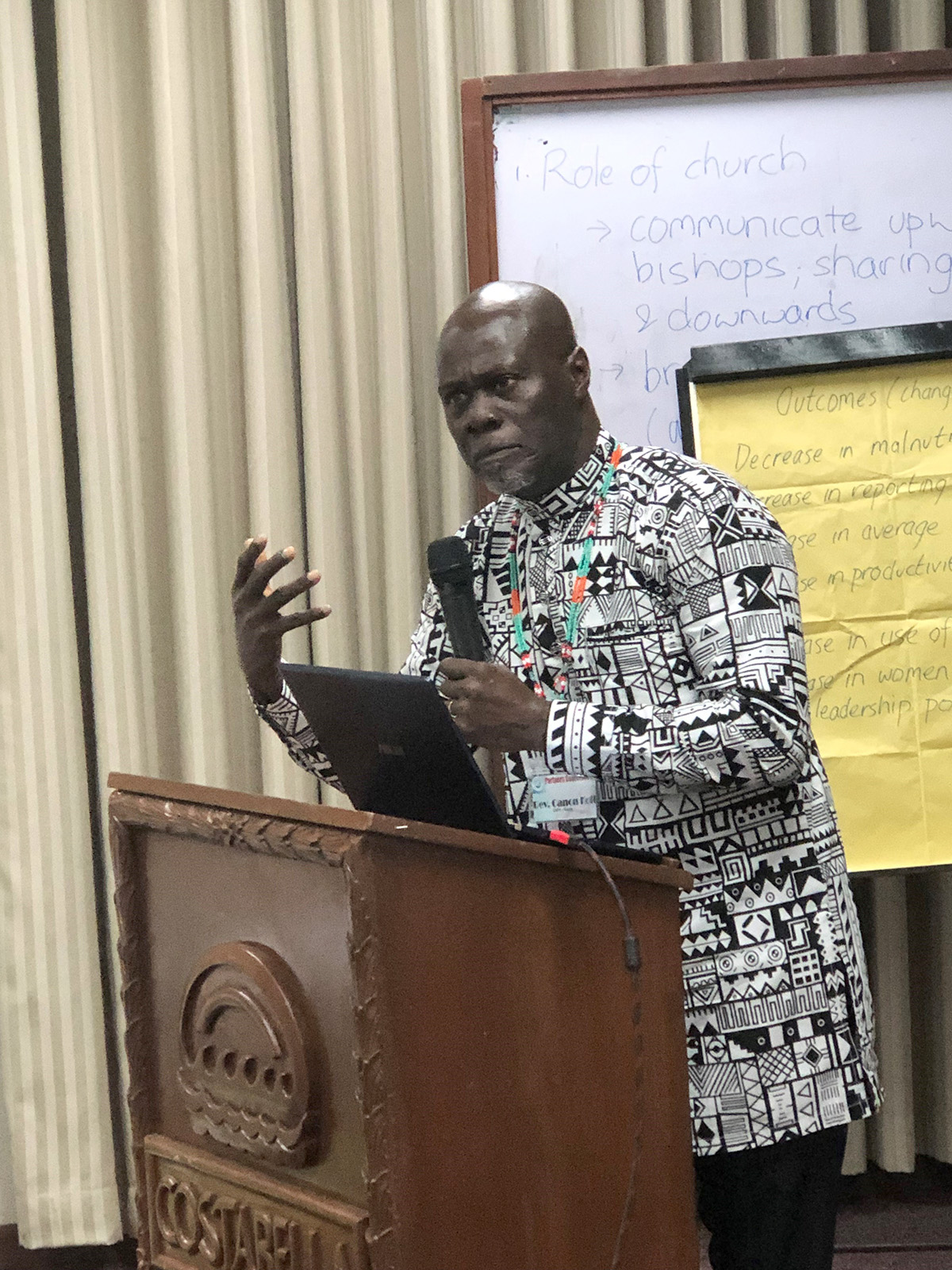Our partnerships and projects are built upon solid foundations of coordination and cooperation.
In Australia, Anglicans in Development (AID) works closely with churches, government and other NGOs to build best practice approaches to addressing poverty. Overseas, AID’s partners empower their local communities to meet and work together so that the work of development and humanitarian response is shared, and successes are owned by the whole community.
Partnership acknowledges the strengths of both sides in the relationship. It strives for mutuality, equality, accountability and respect.
AID’S Development and Humanitarian Response Partners Include:
The National Aboriginal and Torres Strait Islander Anglican Council (NATSIAC)
Anglicans Development Services Eastern (an outreach of the Anglican Church of Kenya) (ADSE)
Anglican Missions (New Zealand)
The Anglican Church of Melanesia (ACOM) in the Solomon Islands and Vanuatu
The Anglican Church of Papua New Guinea (ACPNG)
The (Anglican) Church of the Province of Myanmar (CPM)
Episcopal Community Action for Renewal and Empowerment (E-CARE) (community outreach arm of The Episcopal Church in the Philippines)
The Diocese of Colombo (part of the Anglican Church of Ceylon)
The Diocese of Eldoret (part of the Anglican Church of Kenya)
The Episcopal Church of Jerusalem and the Middle East
Visayas and Mindanao Regional Organisation for Development (IFI-VIMROD) (part of the Philippine Independent Church – Iglesia Filipina Independiente)
Zambian Anglican Council Outreach Program (ZACOP)
Whilst AID has partnerships with the development and humanitarian arms of churches, ABM’s partnerships are with the churches themselves.
ABM’s Church Partner’s Include:
The National Aboriginal and Torres Strait Islander Anglican Council (NATSIAC)
The Anglican Church of Papua New Guinea (ACPNG)
Philippine Independent Church – Iglesia Filipina Independiente (IFI)
The Anglican Church of Melanesia (ACOM) in the Solomon Islands and Vanuatu
The Episcopal Church in the Philippines (ECP)
The (Anglican) Church of the Province of Myanmar (CPM)
The Episcopal Church of Jerusalem and the Middle East
Zambia Anglican Council (ZAC)
Partnership in Mission has been a central feature of ABM’s work for more than 50 years.
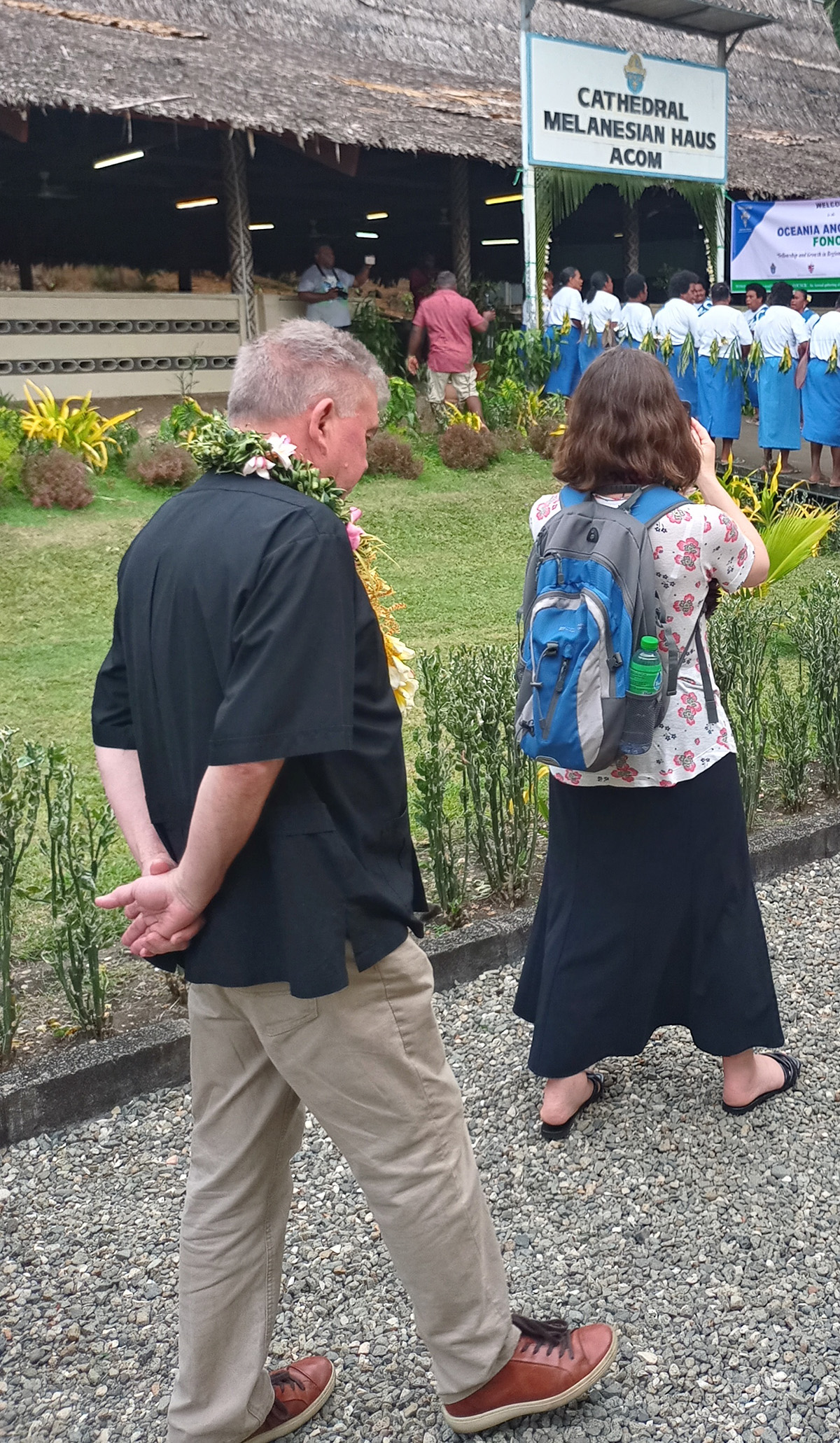
ABM and AID Executive Director, Rev’d Dr John Deane, attends a welcome ceremony for Anglican Primates in Honiara.” © Terry Russell, AID.
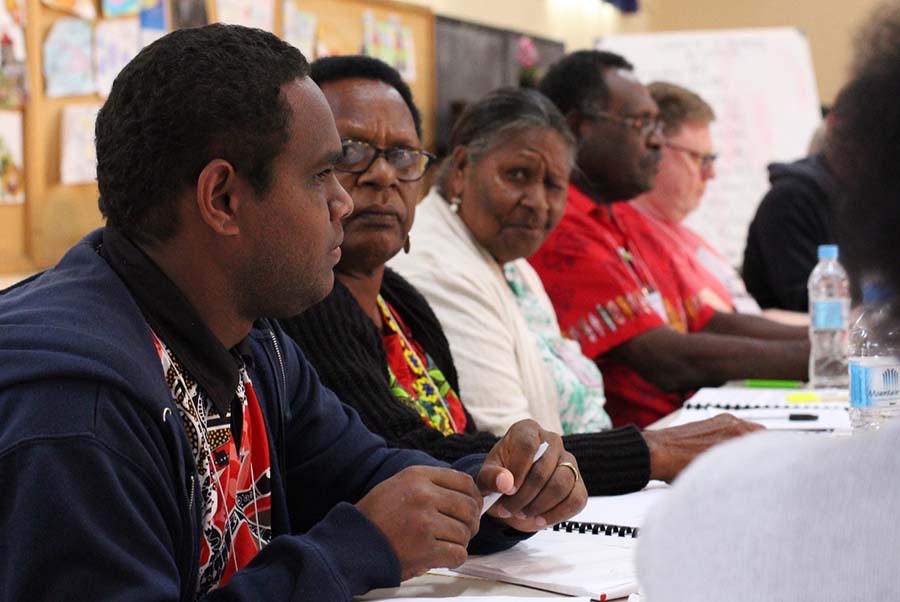
NATSIAC is a key partner for ABM and AID © ABM/Brad Chapman
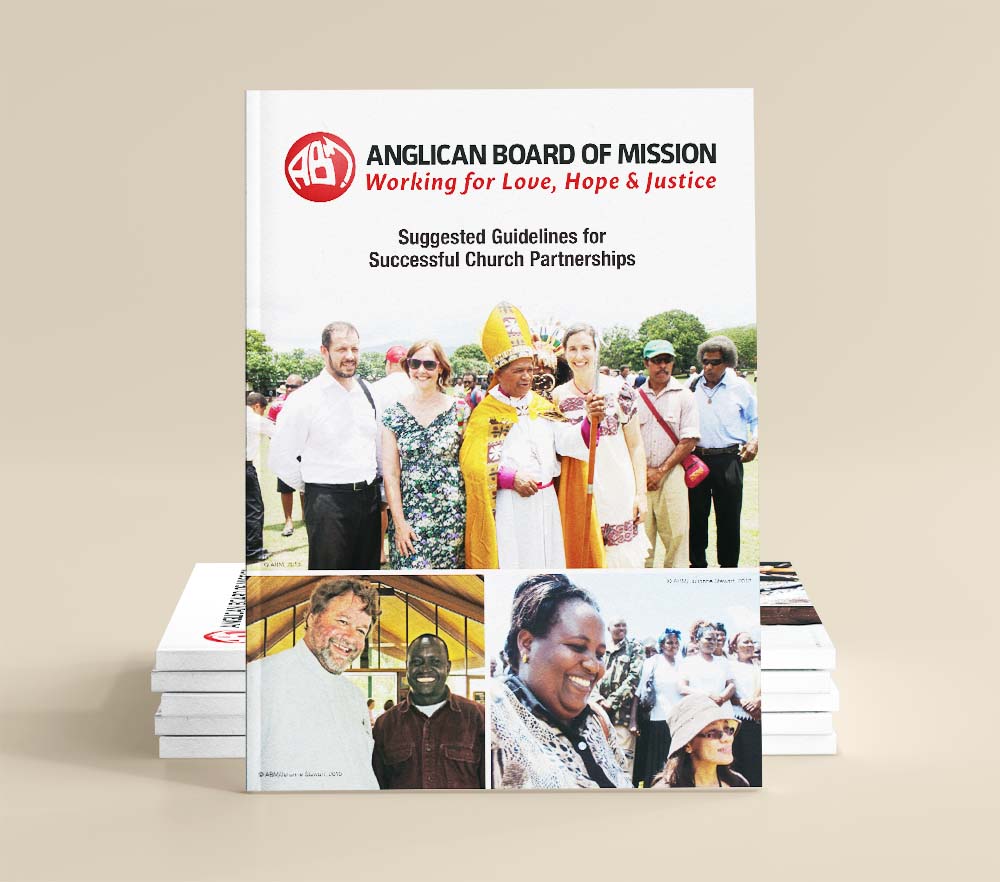
Suggested Guidelines for Successful Church Partnerships
These guidelines are a useful resource, designed to help dioceses, parishes and schools think through the issues surrounding partnerships and avoid some of the pitfalls – like rushing in to fund projects when a relationship hasn’t been firmly established. It also highlights the benefits of working through a mission organisation such as ABM.
Measuring the effectiveness of AID’s Development Partnerships
Some of AID’s partnerships (through ABM) are more than 150 years old. The newest are a couple of years old, and most are somewhere in between. All work at the grassroots, engaging with their local communities and institutions to change lives for the better.
AID’s approach to its development and humanitarian partnerships has long been to work largely from Australia, providing support to projects identified by partners, projects which play both to the partner strengths and to AID’s own capacity.
AID also aims to provide some support to partners as they work to strengthen and improve their organisational capabilities. This includes areas such as climate change advocacy, financial management, community development approaches, organisational sustainability, and strategic planning.
To examine the effectiveness of AID’s international development partnerships, AID prepares a Partnership Effectiveness Report every three years. Our most recent report covered the period January 2020 to April 2023.
The report drew on several sources: AID’s online 2023 Partner Relationship Survey (completed by 16 people from partner organisations across Africa, Asia and the Pacific), as well as AID staff discussions and observations from visits to partners, partner reporting, and frequent email and phone communication between AID and our partners.
The Partnership Effectiveness Report examined four aspects of partnership:
1. Quality of relationship, measured in terms of shared goals and agreed directions, two-way learning and influence (between AID and its partners)
2. Mutual respect and trust
3. Partner institutional strength
4. How partners define “locally-led development” and good partnership
What AID learned from the process
It was gratifying to learn that AID and its partners share the same values, and that there was a high level of mutual trust and respect – elements that are essential for effective partnerships.
It was also good to learn more from our partners about what they understood by the term “locally-led development.” All respondents emphasised the importance of leadership by local actors. Some also mentioned particular local actors such as community leaders and the Church.
Our partners also described what they appreciated in their partnership with AID. Many appreciated the two-way communication, using terms such as “collaborative”, “consultations”, “mutual respect” and “mutual trust”. They listed a remarkably diverse range of strengths, including “Adaptive to new ideas in the context of the partner”, “Timely feedback and consultations over projects and support to institutional strengthening”, “Built on the real need and the priority of their partner”, and even “Posting a special prayer for the country on the ABM website”.
Partners greatly appreciated AID’s support of their institutional strengthening, especially in areas such as financial management and monitoring and evaluation. Some partners suggested areas for further support, such as in governance, organisational management and “sharing of learning experiences with other countries and partners”. Some of these suggestions were followed up by AID in June 2023, when we supported partners from across the global south to gather in the Philippines for a partner conference. This was an opportunity to share approaches to development and humanitarian response, how different partners worked to safeguard communities, including children, and we heard about the very challenging contexts in which some partners live and work, such as Myanmar, Jerusalem, and Gaza, and many of the African countries represented by the Council of Anglican Provinces of Africa. AID should encourage all partners to develop their own institutional strengthening strategies as part of broader strategic planning. We should also support partners to measure the effectiveness of various institutional strengthening initiatives.
AID is grateful to all our development and humanitarian partners, who enable us to achieve amazing results in partnership with communities around the world.
AID extends its grateful thanks to its development and humanitarian partners
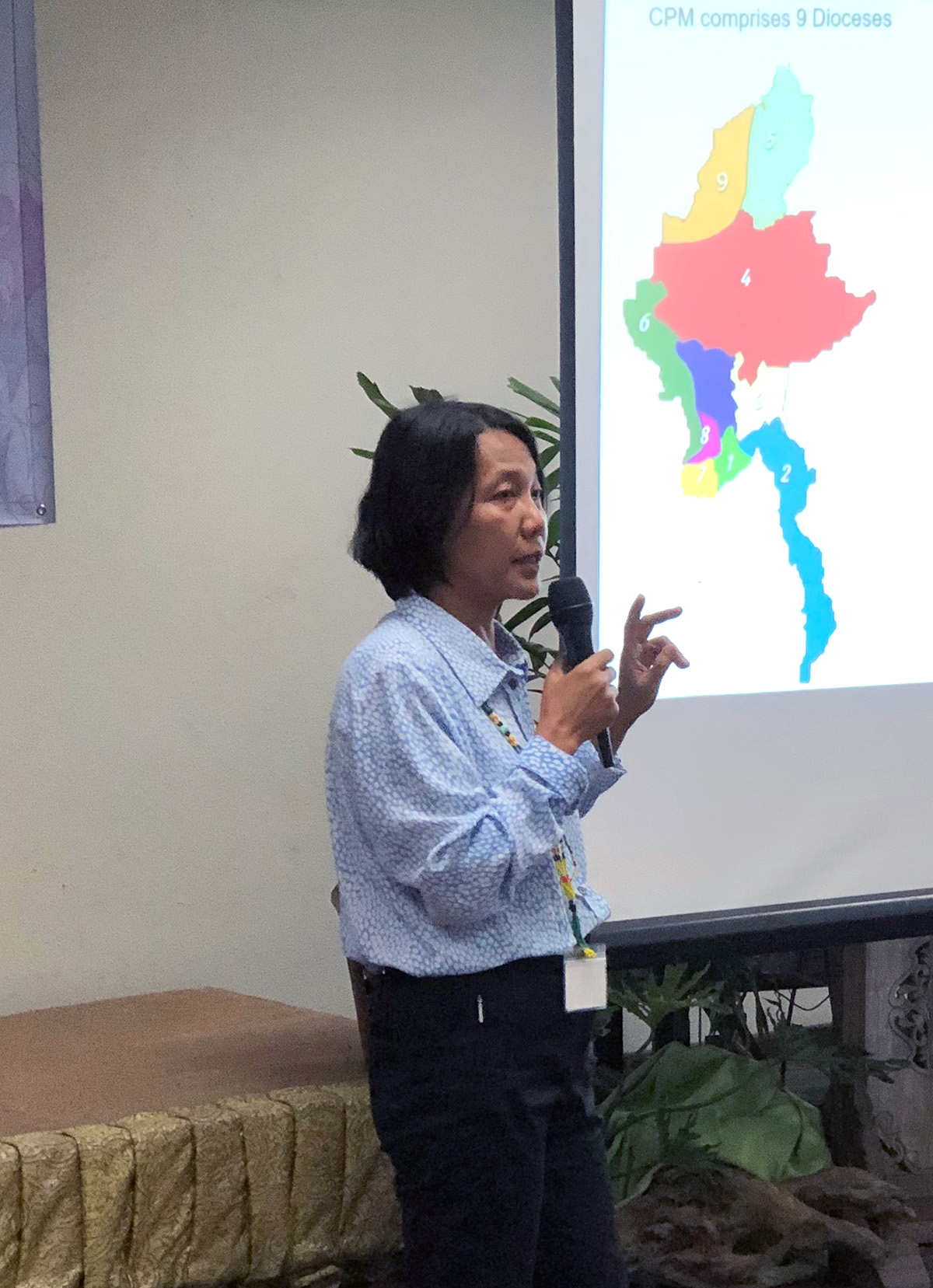
Stella Zin Zin Wah from the Church of the Province of Myanmar makes her presentation at AID’s Partner Conference in June 2023 © Julianne Stewart, AID.
